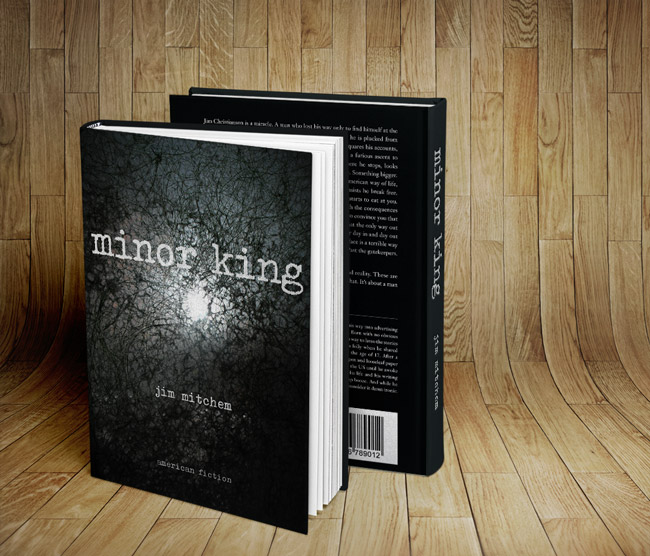The easiest way to turn a slow-paying client into a former slow-paying client is to get upset about accounts receivable. If you’re in business in any capacity, you know that not everyone pays the same. Some pay on time. Some need more time. And some need more coaxing.
I recently sent the following email to a client who was about 6-weeks overdue on a payment (Note – the names have been changed to protect the innocent.):
Hi. Just a quick note to follow up on our conversation six weeks ago. I sure hope Luke is doing better. The swine flu can be pretty devastating in any galaxy. We also talked about the state of the your market, and agreed that you have all of the tools necessary to effectively compete once things start to pick up (which appears more and more likely every day). And when they do, we look forward to continuing our relationship to help you achieve your goal of ruling every star system with an iron fist.
Give my best to Luke, and I hope to hear from you in the next few days regarding our previous contractual agreement. Jim
Breakdown
- Make it clear right up front that this correspondence is not a threat. Because between you, me and the keyboard – the person you're sending the correspondence to knows damn well why they're getting it. Mentioning an exact date shows that you do good due diligence. The opening statement is the opportunity to take the edge off right away and soften the reader up for what comes after.
- Reference something personal. Yes, it’s good business to pull in things that are not just about business, but really this is one of those literary tools that says – I know more about you than you know I know. It’s a power thing. Not like a mob power thing, but rather an "I care enough to remember things about you" thing. Because the truth is – they probably don't remember that much about you, and it's awkward for them.
- Reinforce the deliverables (the 'tools.') It would be really nice if we lived in a world where you could work free for the commercial benefit of any company who likes your work – but you can't. You have a roof to keep over your kid's heads. When you buy a pizza, can you tell the delivery guy to come back in 6 weeks?
- Leave open the option to work together again. Very important. Whether you work with this client again or not, this statement reinforces the idea that this is a business correspondence. And business is business.
- Close with the money. Everything in the note leads up to the invitation for action. And you've got to give them something like an ultimatum – 'contact me by this date or else I'm going to call you. And don't give me that crap about you not getting this email, because that doesn't work any more.' Be professional, but tactful (also, always include an attachment with the original invoice.)
The bottom line is that it’s rough out there. Play nice. Be patient. But don’t ever give in.
Jim is a father, husband, copywriter, daydreamer and founder of smashcommunications. Follow him on Twitter at @smashadv

ad7am
May 13, 2009
Thanks for this excellent model.
To add a bit to the conversation, here’s an article on what happens when the situation gets even worse: http://bit.ly/ui6QF
When it happened to me, taking over a year to win in small claims court wasn’t worth the aggravation. But the vindication was. YMMV.